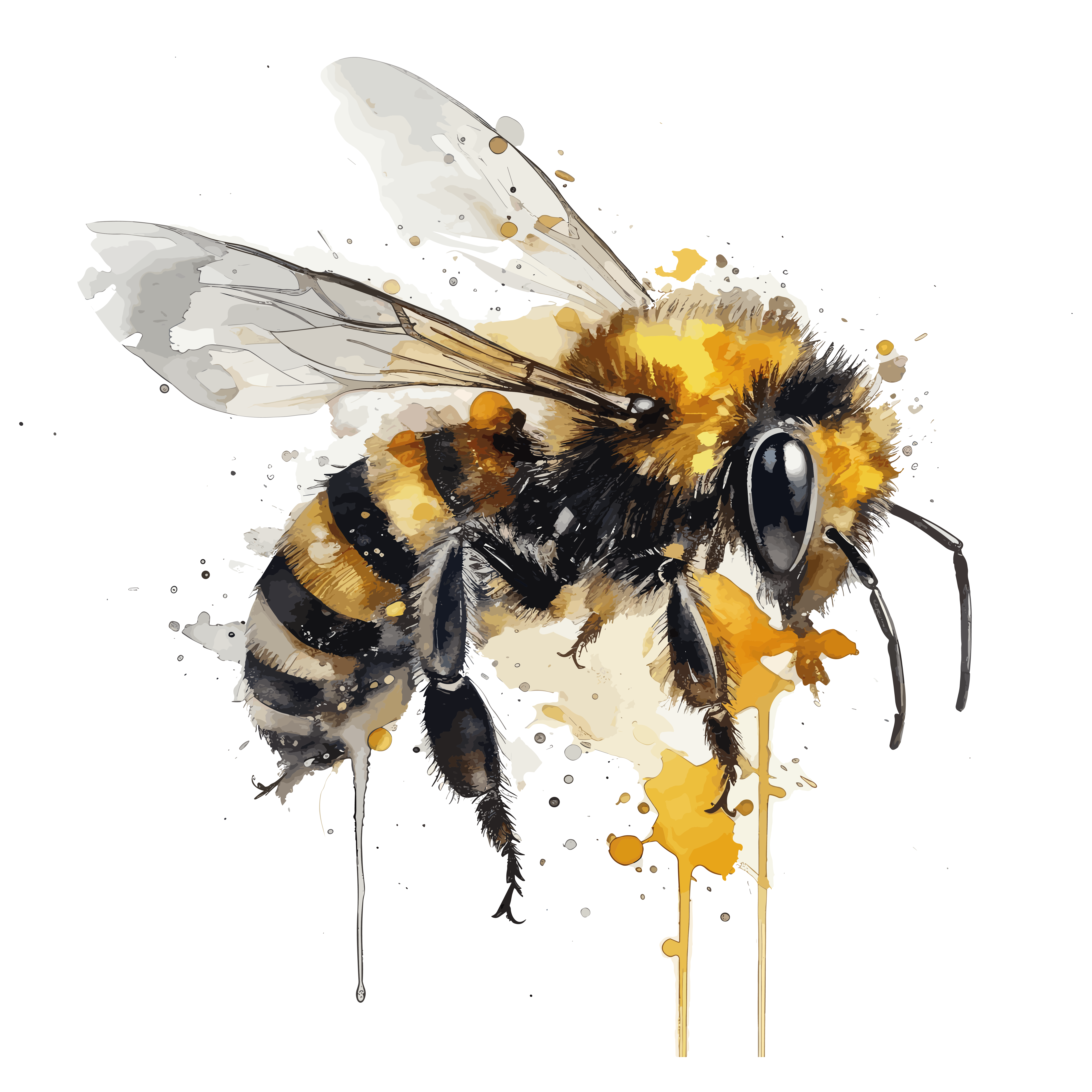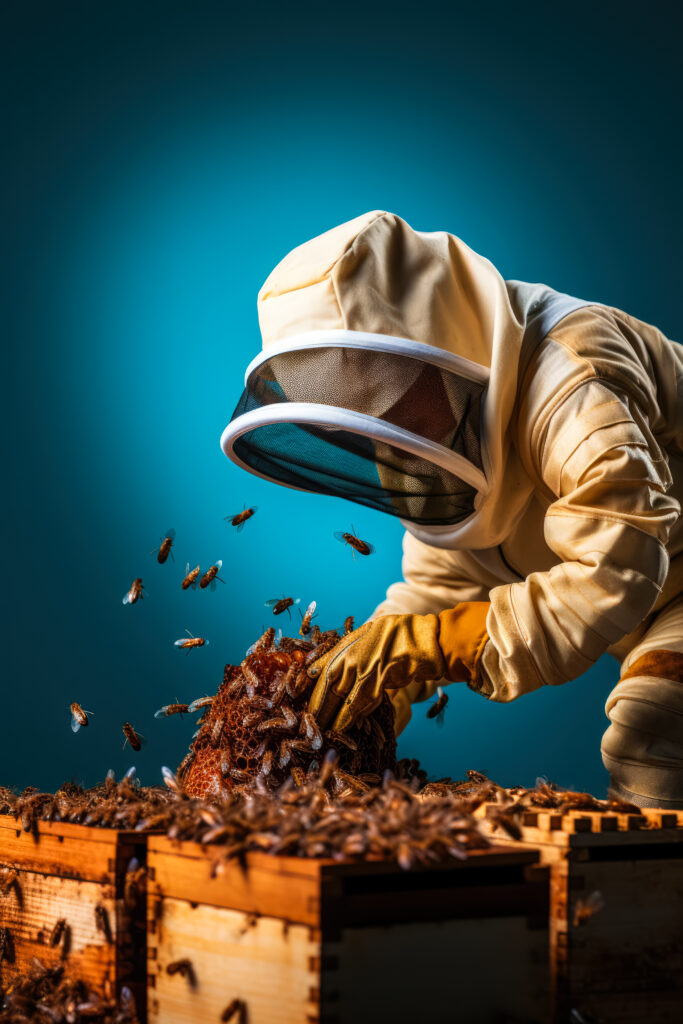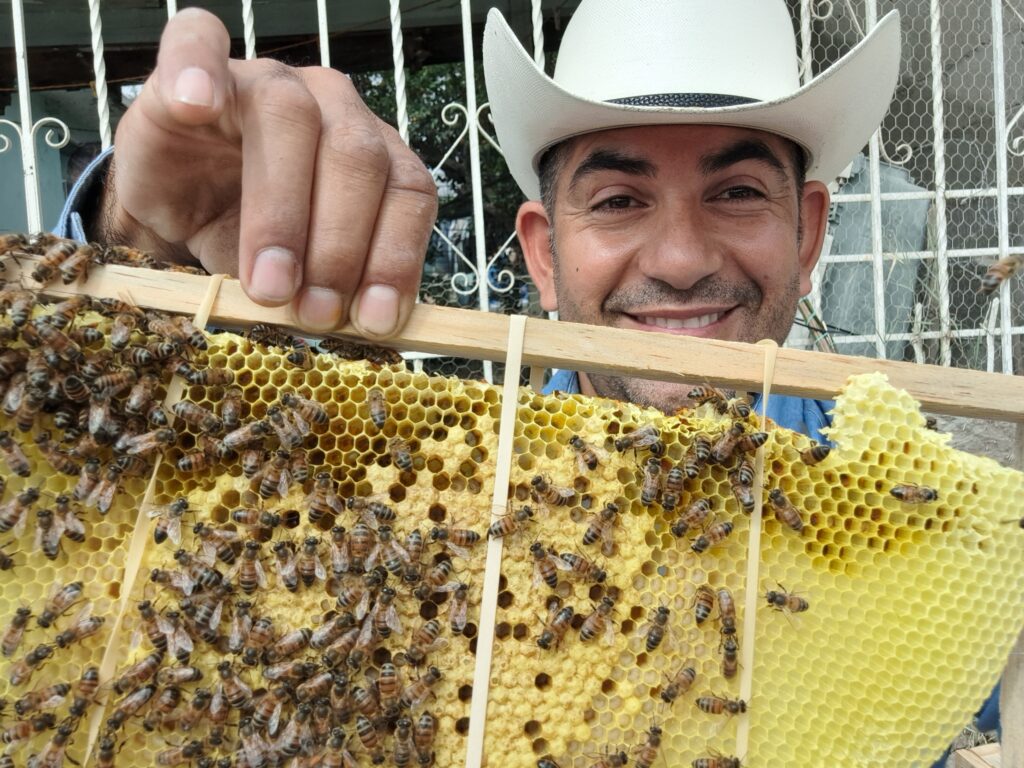Public Awareness Campaigns
Public Awareness Campaigns in Apiculture: Advocating for Bees and Environmental Stewardship
Introduction
Public awareness campaigns in apiculture play a vital role in promoting the importance of bees, pollinators, and environmental stewardship. Bees, as essential pollinators, are crucial for global food production, biodiversity, and ecological balance. These campaigns educate the public about the significance of bees, their alarming decline, and the steps individuals and communities can take to protect them. In this comprehensive exploration, we will delve into the significance of public awareness campaigns, their goals, strategies, and their impact on apiculture and environmental health.
The Significance of Public Awareness Campaigns
Public awareness campaigns in apiculture are of paramount importance for several reasons:
Pollinator Education: These campaigns provide a platform for educating the public about the crucial role of pollinators, particularly bees, in food production and biodiversity.
Environmental Stewardship: They promote environmental stewardship and conservation by emphasizing the impact of human actions on pollinators and the broader ecosystem.
Pollinator Decline: Campaigns raise awareness about the decline in bee populations due to factors like habitat loss, pesticide use, and climate change.
Call to Action: They inspire individuals and communities to take proactive measures to protect pollinators by creating pollinator-friendly habitats and advocating for pollinator-friendly policies.
Global Food Security: By highlighting the link between bees and global food security, these campaigns encourage a collective commitment to ensuring a stable food supply.
Goals of Public Awareness Campaigns
Public awareness campaigns in apiculture typically have the following goals:
Educate the Public: Inform the public about the significance of pollinators, especially bees, in agriculture, biodiversity, and ecosystems.
Highlight Threats: Raise awareness about the threats facing pollinators, such as habitat loss, pesticide use, and climate change.
Advocate for Policy Changes: Encourage the adoption of pollinator-friendly policies at local, regional, and national levels.
Promote Conservation Practices: Provide guidance on conservation practices that individuals and communities can implement to support pollinators.
Mobilize Action: Mobilize individuals and communities to take concrete steps, such as planting pollinator-friendly gardens and reducing pesticide use.
Strategies and Components of Public Awareness Campaigns
Effective public awareness campaigns employ a range of strategies and components:
Information Dissemination: Campaigns provide accurate, easily digestible information about bees, pollination, and the challenges they face.
Media and Social Outreach: Utilize traditional media, social media, and online platforms to reach a broad audience and engage with the public.
Educational Materials: Develop educational materials, such as brochures, videos, and websites, to disseminate information about pollinators.
Collaboration: Partner with environmental organizations, educational institutions, and governmental agencies to expand the reach of the campaign.
Community Engagement: Encourage community involvement through events, workshops, and local initiatives, fostering a sense of collective responsibility.
Advocacy: Engage in advocacy efforts to influence policies that protect pollinators and their habitats.
Impact on Apiculture and Environmental Health
Public awareness campaigns in apiculture have far-reaching effects:
Behavioral Change: They encourage individuals and communities to adopt pollinator-friendly practices, such as planting pollinator gardens and reducing pesticide use.
Policy Change: Campaigns can influence policy changes that protect pollinators and their habitats, thereby supporting bee populations and other pollinators.
Environmental Health: By advocating for environmental stewardship, these campaigns contribute to the overall health of ecosystems and biodiversity.
Food Security: Increased awareness of the role of bees in agriculture helps maintain food security by ensuring successful crop pollination.
Sustainable Practices: Education on pollinators leads to the adoption of sustainable agricultural practices that benefit both farmers and the environment.
Conclusion
Public awareness campaigns in apiculture are pivotal in advocating for the protection of pollinators, especially bees, and promoting environmental stewardship. Through education, outreach, and advocacy, these campaigns inspire individuals and communities to take concrete actions that support the well-being of pollinators and the planet. Their impact extends beyond the realm of apiculture, influencing policy changes, environmental health, and global food security. Bee-centric public awareness campaigns exemplify the profound impact that collective awareness and action can have on the well-being of our planet and the creatures that sustain it.




